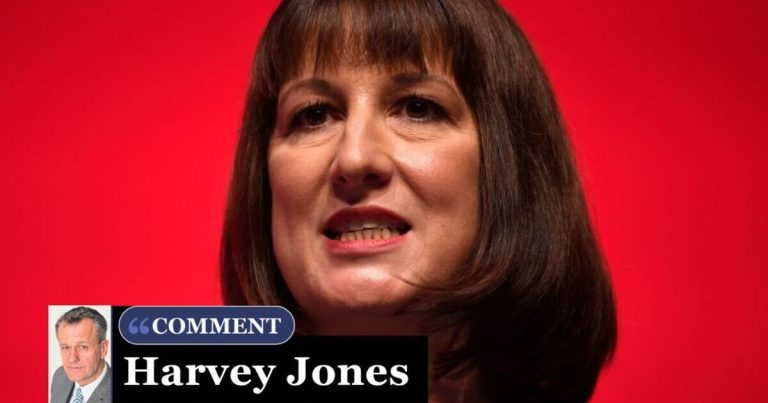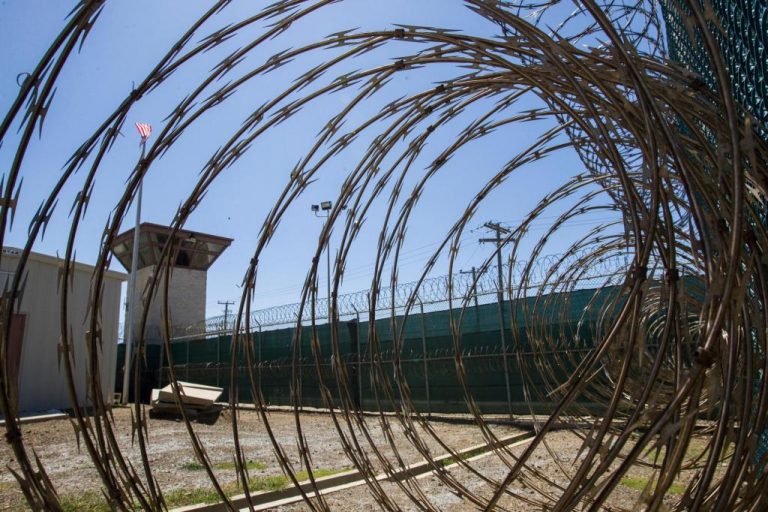
The DWP has issued a statement on how changes to PIP (Personal Independence Payments) have contributed to a “rise” in benefit fraud.
Work and Pensions ministers appeared in the Commons to take questions from MPs about benefit fraud, as new powers come in allowing officials to view bank statements and to directly deduct payments from people’s accounts in cases of fraud.
As the Labour ministers were asked for more details about its efforts to crack down on fraud, MP Damien Egan asked: “During Covid, assessments for Personal Independence Payments were either moved online or to over the phone.
“Today less than 5% of those assessments have returned to face-to-face, so what assessment have ministers made of that change and are there any links with the rise in fraud?”
DWP parliamentary under-secretary, Andrew Western, responded to confirm that the DWP has introduced a “blend of phone, video and face-to-face assessments with the aim of delivering a more efficient and user-centred service”.
Turning to the question of PIP fraud, he said: “Since telephone and video assessments have been introduced there has been no evidence to suggest that these delivery channels are less effective than face-to-face assessments in detecting fraudulent claims.
“In 2023-24, PIP overpayments accounted for just 0.4% of the DWP’s overall spend on PIP but this is something that I can assure my honourable friend that we will be keeping a close eye on.”
Plans are also underway to upgrade the PIP assessment process. Work and Pensions minister, Sir Stephen Timms, recently said: “The Health Transformation Programme is modernising health and disability benefit services, to improve people’s experience of applying for PIP.
“The Programme will transform the entire PIP service, from finding out about benefits through to decisions, eligibility, and payments.”
PIP claimants are assessed to determine their level of need and how much they should get. Payments are made up of a daily living element and a mobility element, with a higher and lower rate for each part.
These are the current weekly payment rates:
Daily living part
- Lower rate – £72.65
- Higher rate – £108.55
Mobility part
- Lower rate – £28.70
- Higher rate – £75.75.
Benefit payments are increasing 1.7% from April, including PIP, Universal Credit and Pension Credit. With the new rates, PIP will go up to:
Daily living part
- Lower rate – £73.90
- Higher rate – £110.40
Mobility part
- Lower rate – £29.20
- Higher rate – £77.05.
You can view the new benefit rates coming in from April here.






